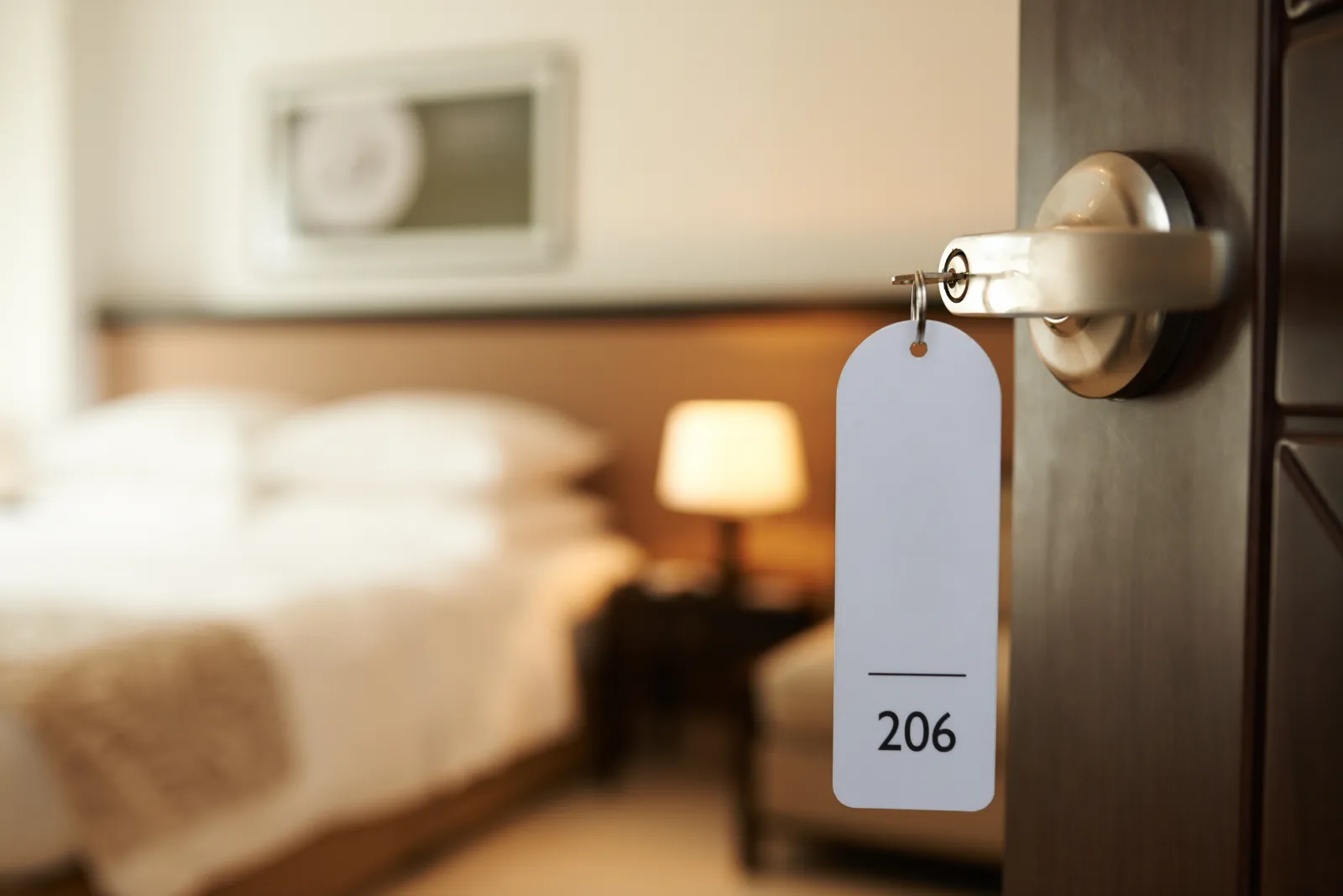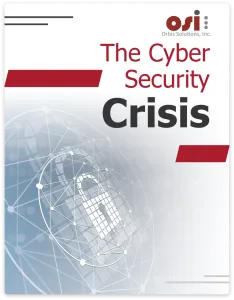
Yet another cyber-attack has struck, this time targeting Omni Hotels & Resorts in early April. The attack caused a complete IT system shutdown and a company-wide outage. The organization swiftly responded by taking the network offline to contain the issue, safeguard data, and prevent further harm. Unfortunately, this action severely disrupted hotel operations, affecting tasks like managing reservations, manually unlocking room doors, and using POS systems in hotel restaurants and shops. The estimated cost of the attack is over a million dollars, with speculation that it was a ransomware attack similar to one that hit MGM in Las Vegas previously.
While many customers felt the inconvenience of the Omni outage, not everyone realized the risks posed by cyber-attacks. When a network is compromised, every connected device is vulnerable unless protected by high-grade tools. It's crucial to treat all connections as potential risks when traveling to ensure safety. In this article, we share a few tips to help you stay safe while on the road for work or leisure this summer.
1. Avoid connecting to public Wi-Fi in hotels, coffee shops, or airport lounges. Connecting to a compromised network could give hackers access to your devices.
2. Disable the auto-connect feature on your devices. If your device automatically connects to a fake Wi-Fi network set up by a hacker, it could lead to serious issues. Manually connect only to trusted sources.
3. Use your phone's hotspot instead of public Wi-Fi. Most cell phones have a hotspot feature that allows other devices to connect to your phone's internet. If not, contact your wireless provider to add this feature.
Following these tips can help protect you from cyber threats. For those who travel for work or have employees who do so, it's essential to ensure that all work devices are equipped with professional-grade cybersecurity tools. Sending your sales team to a hotel event only to have them bring back malware that could cripple your company is a risk you can't afford to take.




